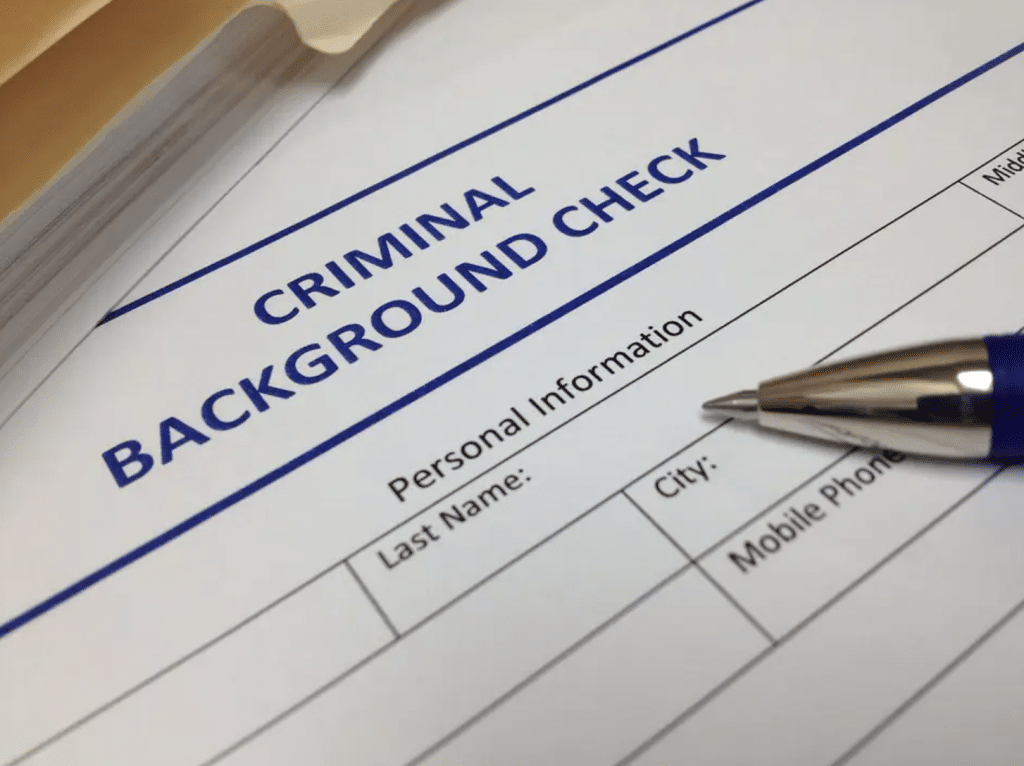Criminal background checks search various court records to report an applicant’s criminal history. These include felonies, misdemeanors, and pending charges.
Some states have laws limiting how long employers can review criminal records and other restrictions, such as “ban the box” legislation.
Making criminal checks part of your hiring process helps mitigate the risk of dangerous convictions that could threaten employees, customers, or business assets. Here are four reasons why this is a critical step in your screening process.
They Protect Your Business
Fingerprinting and criminal background checks national, state, and county criminal court records to report felony and misdemeanor convictions. This is the cornerstone of most verification processes and looks for “red flags” like violent crimes, sex offenses, embezzlement convictions, DUIs, and another criminal history that would make a candidate a risk to your business. These searches can protect your customers, other employees, the safety of your property, your finances, and more.
When a company doesn’t run these searches and hires a team member with a history of fraud or another crime related to their line of work, it can put the entire organization at risk for legal issues and reputational damage. One bad hire can greatly impact consumers, clients, and partners who form opinions about your brand based on your internal values.
A criminal background check doesn’t just report a person’s convictions – it also reports arrests, cases dismissed or acquitted, and other charges. In a criminal background check, employers are generally interested in convictions and want to see that a conviction is recorded.
They Protect Your Customers
A criminal background check is essential to your hiring process if you run a business that serves the public. It can help you prevent employees from having a history of criminal behavior that could threaten your customers and their safety. A simple criminal background check can identify some red flags that may signal a risk of harm, such as a history of theft or violence.
You should also conduct a background check to protect your company against negligent hiring lawsuits, which can cost you millions of dollars in fines and settlements. A negligent hiring lawsuit against your organization can not only threaten your financial stability, but it can also hurt your reputation. A background check will help you mitigate this risk by ensuring that only the most qualified candidates are hired.
Remember that a background check can show county, state, and federal information. Some states prohibit using arrest and conviction records in employment decisions, and you should be familiar with your local laws to ensure that your screening process is compliant.
They Protect Your Employees
It’s no secret that hiring a bad employee costs businesses money in the form of lost productivity, legal fees, and brand damage. But it’s also worth noting that a criminal background check can prevent these problems from occurring in the first place. A criminal background check gives a company knowledge about an applicant’s criminal history, mitigating the risk of hiring someone who may have committed crimes that could jeopardize internal processes like fraud, theft, and leaks.
It should be noted, however, that laws govern how much of an applicant’s criminal history can be considered when vetting them for a job. For example, the Fair Credit Reporting Act limits what employers can see on a credit check to only seven years of arrest and conviction records. Additionally, some states have passed “Ban the Box” laws that prohibit employers from asking about criminal history in the early stages of a hiring process.
Using an experienced CRA ensures that your criminal background checks comply with state, federal, and local laws and EEOC guidelines. A reputable CRA will also have professional relationships with courts and can help you speed up your criminal background checks even when court records aren’t yet digitized. In addition, a reputable CRA can conduct a national criminal database search, which searches databases from all 50 states, the District of Columbia, and US territories.
They Protect Your Brand
A criminal background check can prevent hiring a criminal who could hurt the company by stealing inventory or exposing confidential information. Employees are the public face of a business, and one bad hire can affect how customers view the brand. Criminal records searches search local, county, and state courts for an applicant’s criminal history. This includes felonies, misdemeanors, and DUIs.
Depending on the job candidate’s position, specific offenses may make them ineligible to work at a company, such as violent or sex crimes. These red flags are typically the focus of most background checks. However, a criminal search can also reveal minor infractions, such as loitering or disorderly conduct, and federal convictions, such as fraud, embezzlement, or money laundering.
Employers and CRAs must comply with all federal, state, and local laws when using criminal records in hiring decisions. These laws vary by jurisdiction, including the Fair Credit Reporting Act and Equal Employment Opportunity Commission (EEOC) guidelines. For example, some states have laws limiting how long employers can look back on criminal histories, requiring them only to consider convictions within a certain number of years.

